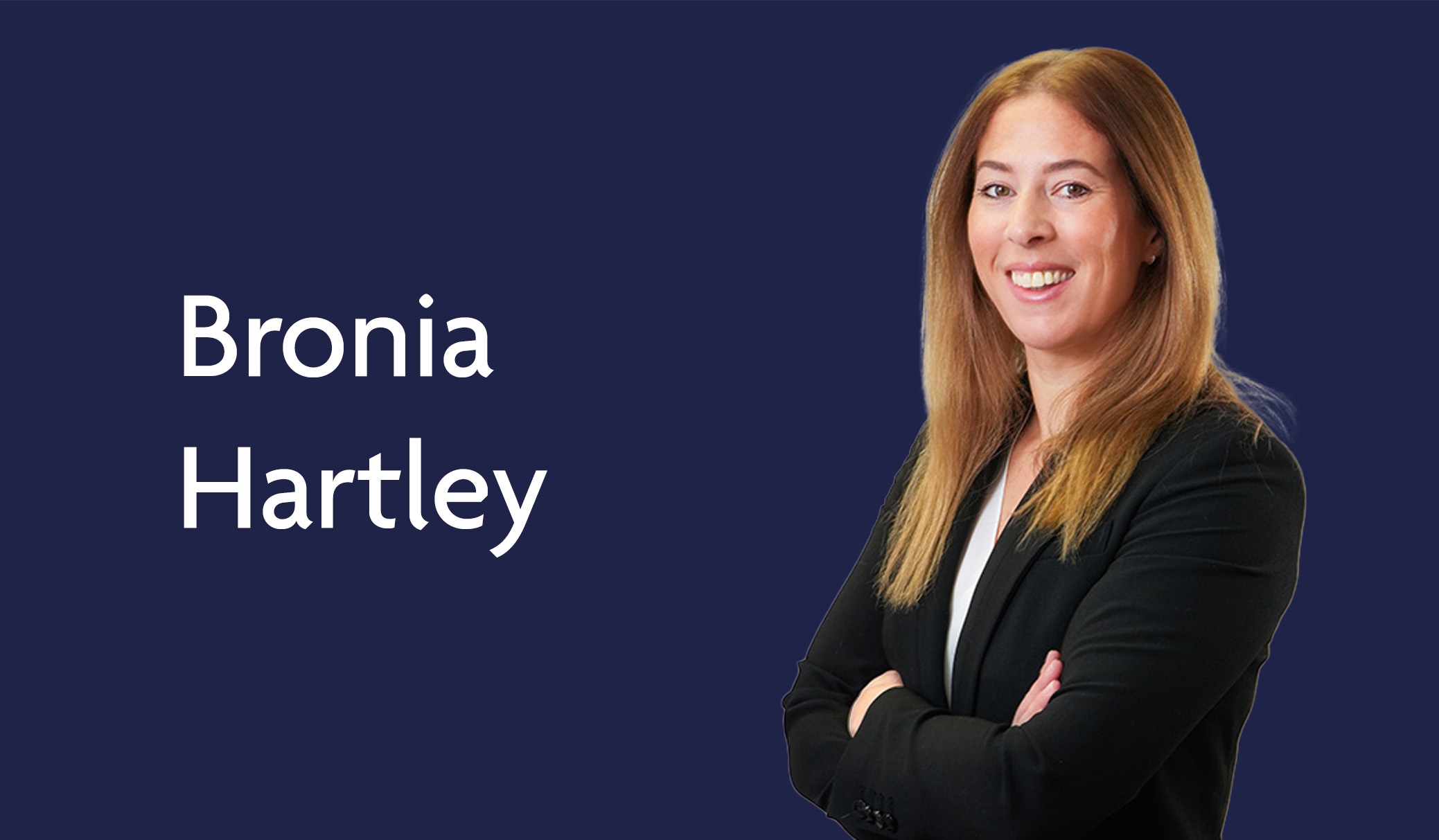DZ (Personal Representative of the Estate of YS, deceased) v. The South Central Ambulance Service NHS Foundation Trust

Howard Elgot appeared on behalf of the claimants in this High Court Fatal Accidents’ Act case which saw two autistic boys awarded £911,00 following the death of their mother from bacterial septicaemia.
An anonymity order was granted by Lambert J on 22nd January 2018. That anonymity order continues in full force.
YS, a wife and mother, born 13th September 1979, died tragically young from septicaemia on 29th July 2012. She was aged 32. At the time of her death YS was pursuing a post-graduate teaching qualification.
YS left two very young children who both suffer from autism, namely JZ born on 31st October 2007 and KZ born on 15th March 2012. She was also survived by her husband DZ, born on 26th February 1977. There were no other dependants for the purposes of the Fatal Accidents Act.
The South Central Ambulance Service NHS Foundation Trust has taken over the liabilities of NHS Direct, who would otherwise have been the defendant in this claim.
YS had contracted an e. coli infection of the kidneys. She telephoned NHS Direct at 12.08 on 29th July 2012. She spoke first to a health care assistant, then spoke later to a nurse adviser. Unfortunately notwithstanding calls that lasted about 45 minutes overall YS was not referred to hospital or advised to seek the assistance of a general practitioner. As a result of bacterial septicaemia, she suffered a cardiac arrest at home and died at about 21.00 that evening.
The claim was contested principally on the basis that YS would have died whether or not she had been advised to seek medical help or sent to hospital.
The claim was originally listed for the hearing of a preliminary issue as to breach of duty and causation of YS’s death on 22nd January 2018. However a Joint Settlement Meeting was held on 29th November 2017 at which agreement was reached, subject to the approval of the court, that judgment be entered for the Claimant for 80% of the value of the claims to be determined. That settlement was approved by the High Court on 22nd January 2018 on the basis that there was about a 20% risk that the claim against NHS Direct would have failed.
The length of time a child is dependant upon a parent, for the purposes of the Fatal Accidents Act 1976, is usually taken as being up to age 18 or 21, or nowadays even up to age 25 if the child is likely to go on to higher education and obtain professional qualifications. However where a child is severely disabled his/her dependency might last for the lifetime of the parent.
The purpose of the split trial was to allow further time to see how the children would develop in order to consider for how long the children’s dependencies might have lasted. A report had been obtained from Dr M H Bellman, Consultant Paediatrician, following an examination on 14th April 2016. He considered that it was likely that J and K would continue to need care and supervision after they left school but that it was much too early to give a definitive conclusion as to whether they would need parental care and supervision thereafter.
Dr Bellman saw the children again more recently and concluded that neither child was ever likely to be able to look after their own financial affairs and that they would always need to be cared for by others.
In his witness statement DZ had stated that it was likely that, if YS had survived, she would have given up her work as a teacher to look after both boys full time, once the boys were no longer in full time education. Dr Bellman felt that that arrangement would have been ideal for the brothers as their interests would be served by living with their family, rather than in an institution. This was challenged by the Trust who argued that the children would end up in residential care once YS was in her fifties.
A further Joint Settlement Meeting was held on 13th May 2020 and an agreement as to quantum was reached in the sum of £2,250,000. This figure is 80% of the full value of the claim, which would therefore have been £2,812,500 without the 20% discount for litigation risk.
Approval was sought from Eady J for the sums apportioned to the dependencies of JZ and KZ, namely £911,000 each, the remainder of the award going to YS’s husband.
It is important to note that in a claim under the Fatal Accidents’ Act the fundamental question a court must ask is what is the value of the care that would YS have provided, had she survived, not the more abstract question as to how much would it cost to care for the children in the future.
The full judgment can be read here










